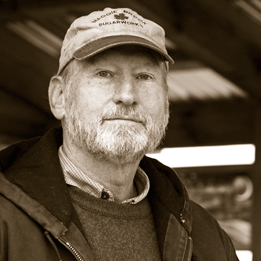A lot can be learned from the model that NOFA-VT has adopted with regards to developing an economically viable and ecologically sound food system in the state. The secret to their success has been a full circle strategy. At the heart of their operation lies their certification office, formally called Vermont Organic Farmers (VOF). The role of VOF is to certify farmers and processors and to provide a highly credible program for independent third-party verification of organic food production.
Within VOF lies the Technical Assistance office. This office provides support for certified farmers and helps advise farmers hoping to transition to organic practices. Through on-site visits and intensive workshops, the TA office helps farmers grow better crops, keep healthier animals, and improve their business practices. The TA office also supports the Journey Farmers Program and other apprenticeship programs. In this way, VOF not only certifies established farmers, but helps grow and support the next generation of organic farmers.
Once certified, organic farmers rely on market demand for their organic products to stay in business. NOFA-VT helps with this, too. NOFA-VT has been instrumental in supporting the development of farmers’ markets across the state, providing a place for not only organic farmers, but all vermont farmers, to showcase their products. NOFA-VT is also working to expand access to local and organic markets through their Farm Share program (offering partially subsidized shares for CSA programs) and through their support of EBT machines at markets across the state. Add to this a collection of outreach and education campaigns that help inform consumers about the benefits of buying organic and you’ve got the dynamic marketing model that has helped support organic farmers in Vermont since 1971.

